Today's online shopping isn't just about browsing; it's about finding exactly what you want and need. Personalized product recommendations make this possible. They transform shopping into a tailored experience where every suggestion fits your preferences. This is not a small change—it revolutionizes how we engage with websites, enhancing customer satisfaction and boosting sales.
Whenever you shop online, watch shows, or scroll through social media, personalized recommendations analyze your choices. They learn from what you like, dislike, and buy to show you products that match your taste. This makes your online experience more enjoyable and saves you time.
Offering the right products at the right time not only improves the shopping experience but also helps you make decisions faster. This is good for both customers and businesses. Better recommendations lead to happier customers and more sales.
Nected leads the way in making these tailored experiences possible. Their technology adapts to your behavior in real-time, constantly improving the recommendations you receive. With Nected, businesses can easily offer personalized experiences that keep customers coming back.
In this guide, we'll look at how personalized recommendations work and why they're key to online success. We'll show how Nected's technology stands out in creating connections that turn visitors into loyal customers.
Personalized Recommendations Explained
Personalized product recommendations tailor your online experience by suggesting products that match your interests and past behavior. This approach transforms browsing into a discovery of items that feel specifically chosen for you, making online shopping, streaming, or social media use more relevant and engaging.
These recommendations cross industry lines, proving essential in e-commerce, entertainment, and content platforms. They keep you engaged by showing new products and content that fit your taste, often before you even know you want them.
Here's how they work: As you interact with a website, the system analyzes your actions—what you view, like, and buy. Using this data, it predicts and presents products you're likely to enjoy. This not only makes your online visits more enjoyable but also helps you find what you're looking for faster.
For businesses, personalized recommendations are a powerful tool. They lead to higher user engagement, increased sales, and improved customer loyalty. By offering a more personalized and efficient shopping experience, businesses can meet customer needs better and stand out in a crowded online marketplace.
Why is Product Pеrsonalization еssеntial in 2024?
Product personalization has become increasingly critical in the digital landscape, especially as we move into 2024. Here are the five most important reasons why product personalization is essential:
- Enhanced Customer Experience: Personalization tailors the shopping experience to meet individual customer preferences, making interactions more relevant and engaging. In 2024, consumers expect brands to understand their needs and preferences, offering them solutions that feel bespoke. Personalization directly addresses this expectation, leading to a more satisfying and memorable customer experience.
- Increased Customer Loyalty: By providing personalized experiences, brands can significantly increase customer loyalty. When customers feel understood and valued by a brand, they are more likely to return for future purchases. Personalization fosters a sense of connection between the customer and the brand, which is crucial for building long-term relationships in a competitive market.
- Higher Conversion Rates: Personalized recommendations and content have shown to dramatically increase conversion rates. By presenting products or services that match the user's interests, businesses can reduce the effort required for customers to find what they're looking for, leading to quicker decision-making and increased sales. As e-commerce continues to grow in 2024, optimizing conversion rates through personalization will be a key strategy for success.
- Better Use of Data and Insights: With the vast amount of data available from customer interactions, personalization allows businesses to make sense of this data by applying it to improve the customer journey. In 2024, leveraging analytics and insights for personalization not only enhances the customer experience but also helps businesses understand consumer behavior better, enabling more strategic decision-making.
- Competitive Advantage: In a crowded digital marketplace, personalization can serve as a significant differentiator. Brands that successfully implement personalized experiences stand out by offering unique value to their customers. As consumers become more discerning and expectations continue to rise, personalization will be a key factor that sets successful businesses apart in 2024.
Overall, product personalization is not just a trend; it's a fundamental shift in how businesses engage with their customers. As we move into 2024, the importance of personalization will only continue to grow, becoming a critical component of successful digital marketing and e-commerce strategies.
How Personalized Product Recommendations increase AOV?
Personalized product recommendations enhance the online shopping experience by presenting tailored suggestions aligned with customers' unique interests & preferences. When customers receive relevant recommendations, they are more likely to find desirable items, leading to increased cart additions & impulse purchases.
These recommendations leverage data & algorithms to cross-sell & upsell complementary products based on initial selections, uncovering hidden gems customers may have overlooked. The personalized & exclusive nature of the recommendations fosters emotional connections, driving higher average order values (AOV).
By delivering a curated, seamless shopping journey, businesses can delight customers while boosting revenue through increased AOV & fostering long-term loyalty. Implementing robust personalization tools is crucial for retailers to capitalize on this powerful strategy.
Rule-Based Personalization:
Rule-based recommendations are the backbone of creating personalized experiences online. By setting specific rules, these systems ensure that users receive product suggestions that are closely aligned with their preferences and past interactions.
- Tailored Guidance: The essence of rule-based systems is to provide personalized advice. They use data like browsing history, purchases, and preferences to suggest products that users are likely to enjoy and purchase.
- Learning and Adapting: These systems are dynamic; they learn from user feedback and interactions. If you frequently browse tech gadgets, the system will start showing you more technology-related products, making sure the recommendations stay relevant.
- Personalization at Scale: Nected's technology excels in delivering personalized experiences to millions of users simultaneously. This scalability ensures that every user, regardless of the volume, receives recommendations that feel individually curated.
- Nected's Role: Nected harnesses rule-based recommendations to help businesses across industries offer exceptional user experiences. By blending expertly crafted rules with cutting-edge technology, Nected ensures users receive suggestions that seem tailor-made for them.
- Boosting Engagement: These recommendations have a proven track record of increasing user engagement. When people find products that match their interests, they're more likely to purchase and return to the platform, enhancing customer loyalty and business performance.
This section will further explore how Nected leverages rule-based recommendations to revolutionize the digital shopping experience, ensuring users receive highly relevant and engaging content.
How Rule Engines Drive Recommendations?
Rule engines are crucial for crafting effective personalized recommendations. They set the criteria for which products to suggest, ensuring that users see items that closely match their interests and behaviors.
- Customization and Flexibility: Rule engines allow businesses to apply specific rules or conditions. These can range from showing items in a favorite color to more complex criteria based on user behavior or current trends. This flexibility means that as your interests evolve, so do your recommendations.
- Quick Adaptation: These engines enable businesses to respond swiftly to changes in the market or user preferences. For example, during the holiday season, recommendations can shift to highlight seasonal products or deals, maintaining relevance throughout the year.
- Balancing Goals and Experience: By fine-tuning recommendations, rule engines help balance what the business wants to achieve with what the customer enjoys. This balance is key to keeping users engaged while also meeting business objectives like sales targets or inventory management.
- Wide Applications: Rule engines are not just for e-commerce. They power recommendations across various platforms, from streaming services to social media, enhancing user experiences by making them more personal and engaging.
Through rule engines, businesses can offer tailored experiences that resonate with users, encouraging them to stay longer and engage more with the platform. This section will explore the role of rule engines in more detail, illustrating their importance in delivering personalized, impactful recommendations.
How Nected handles personalization and recommendation?
Nected leverages its advanced rule engine and workflow automation to implement personalized recommendations effectively. This system allows Nected to analyze user data dynamically and apply predefined business logic to offer real-time, tailored suggestions. Here's how Nected integrates these technologies:
- Data Collection and Analysis: Nected's personalization recommendation engine collects user interaction data, including browsing history, purchase records, and preferences. This data forms the basis for understanding user behavior and interests.
- Rule Engine Utilization: The rule engine uses this data to apply business rules defined by the company. These rules can include user preferences, product prioritization, seasonal trends, and more, enabling the platform to make smart, personalized recommendations.
- Workflow Automation for Dynamic Recommendations: Workflow automation ensures that the recommendation process is efficient and scalable. It automatically updates recommendations based on new user data and changing business rules, ensuring that users always receive the most relevant suggestions.
- Continuous Learning and Optimization: Nected's system learns from user feedback and interaction, allowing for continuous refinement of the rules and the overall recommendation strategy. This iterative process ensures that the recommendations become more accurate and personalized over time.
Creating a Personalized Product Recommendation Rule in Nected
To create a personalized product recommendation rule in Nected, follow these steps, inspired by their official documentation:
- Access the Rule Engine: Log into your Nected dashboard and navigate to the rule engine section.
- Select Rule Type: Choose any suitable rule type like Simple rule, Decision Table or RuleSet. Decision Tables allow you to define rules in a spreadsheet-like format, making it easier to visualize and manage complex logic.
- Define Conditions: In the Decision Table, start by defining the conditions that trigger specific recommendations. Conditions can include user behaviors, such as items viewed or purchased, and user attributes like location or browsing device.
- Specify Actions: For each set of conditions, specify the action that the rule engine should take. In the case of product recommendations, the action would be to suggest certain products that match the conditions.
- Configure Parameters: Set any additional parameters that affect the rule, such as priority (in case of conflicting rules) or timeframes (to limit recommendations to certain periods).
- Test the Rule: Before deploying the rule, use Nected's testing features to simulate scenarios and ensure the rule works as intended.
- Deploy the Rule: Once satisfied with the rule's configuration and test results, deploy it to start offering personalized recommendations to your users.
- Monitor and Optimize: Continuously monitor the performance of your recommendation rules and optimize them based on user feedback and changing behaviors.
By following these steps, businesses can harness Nected's powerful rule engine and workflow automation to create effective, personalized product recommendations. This not only enhances the user experience but also drives engagement and sales by delivering highly relevant suggestions to each individual user.
Business Rules Management Systems and Product Recommendations
In the dynamic landscape of personalized product recommendations, business rules play a fundamental role in shaping the strategies and outcomes of recommendation systems. This chapter delves into the significance of Business Rules Management Systems (BRMS) and their synergy with AI-driven and rule-based recommendations, showcasing the harmonious blend that powers Nected's cutting-edge solutions.
- The Importance of Business Rules in Recommendations
Business rules act as the guiding principles behind how recommendations are curated and presented to users. They are essentially a set of conditions and actions that determine what content or products to recommend to an individual based on specific criteria. These criteria can range from user preferences and behavior to inventory management, sales goals, and marketing strategies. - Customization and Control
One of the primary advantages of using BRMS in recommendation systems is the high level of customization and control they offer. Businesses can define and fine-tune these rules to align with their specific objectives. For instance, an e-commerce platform can prioritize recommendations based on factors like profitability, stock levels, or seasonal promotions. - Achieving Balance
The successful implementation of business rules within recommendation systems requires a balance between providing a personalized user experience and meeting business goals. Nected excels in achieving this equilibrium by carefully crafting and refining business rules that enhance user engagement and boost revenue. - Realizing Business Objectives
The ultimate goal of utilizing BRMS in recommendations is to drive business success. Whether it's increasing sales, improving user retention, or optimizing inventory management, these systems can be tailored to meet and exceed organizational objectives. Nected's expertise lies in aligning these business rules with recommendation strategies to ensure optimal outcomes.
In pеrsonalizеd recommendation systems, business rules аrе lіkе thе guiding principles that define how the recommendations work. Thеsе rulеs are essential for fine-tuning thе recommendations and ensuring they align with thе goals, constraints, and rеgulations of thе businеss.
Business rulеs help determine which products to prioritize, how to promotе sеasonal itеms, and how to apply discounts to cеrtain products. Thеy also play a crucial rolе in maintaining control and еnsuring that thе rеcommеndations align with thе brand's identity and business objectives.
For еxamplе, an e-commerce platform may want to prioritize recommendations from specific product categories or promote certain items during a sale. Businеss rules allow the platform to implement thеsе strategies, ensuring that thе recommendations not only enhance usеr engagement but also align with thе businеss's objectives.
Personalized product recommendations best practices
Delivering personalized product recommendations that resonate with customers & drive higher average order values requires a strategic & data-driven approach. By implementing best practices & continuously optimizing the recommendation engine, businesses can unlock the full potential of this powerful strategy. Key practices to consider include:
1. Analyze the right behaviors: Go beyond basic browsing & purchase data. Analyze a wide range of customer behaviors, such as product views, wish lists, cart abandonments & even social media interactions, to gain a comprehensive understanding of their preferences & intent.
2. Test your strategies: Continuously test & refine your personalization strategies through A/B testing, multivariate testing & controlled experiments. This data-driven approach ensures that you're consistently delivering the most effective recommendations.
3. Add recommendations in unexpected places: While product pages & checkout are obvious places for recommendations, consider incorporating them in unexpected areas, such as account pages, order confirmations or even transactional emails. This approach keeps personalization top-of-mind throughout the customer journey.
4. Feature the right number of recommendations: Strike a balance between providing enough relevant options to pique interest & avoiding overwhelming customers with too many choices, which can lead to decision paralysis.
5. Use social proof: Leverage social proof by showcasing popular or trending products, highlighting best-sellers or displaying ratings & reviews alongside recommendations. This builds trust & encourages customers to explore the suggested items.
By analyzing the right behaviors, continuously testing strategies, exploring unconventional recommendation placements, featuring an optimal number of recommendations & utilizing social proof, businesses can stay ahead of the curve & deliver a truly personalized & engaging shopping experience that drives higher average order values & fosters customer loyalty.
Conclusion
In conclusion, personalized product recommendations are not just a nice-to-have feature; they are essential for any business looking to thrive online in 2024 and beyond. Nected's innovative approach to personalization puts it at the forefront of this trend, providing businesses with the tools they need to deliver customized experiences that resonate with their customers.
By embracing personalized recommendations, businesses can enhance customer satisfaction, boost loyalty, increase sales, and gain a competitive edge. Nected makes implementing these personalized experiences seamless, offering a powerful solution that adapts to real-time user behavior and preferences.
As the digital landscape continues to evolve, the importance of personalization will only grow. Companies willing to invest in technologies like Nected to create more personalized user experiences will be the ones to lead the way in their respective industries.
To stay ahead, start exploring how personalized recommendations can transform your customer interactions and drive your business forward. With Nected, you have a partner ready to help you make that leap into the future of e-commerce personalization.
FAQs
Q1: What are pеrsonalizеd product recommendations?
A: Personalized product recommendations are suggestions of products or contеnt that arе tailorеd to еach individual usеr based on their unique prеfеrеncеs, past bеhavior, and intеractions with a platform. Thеsе recommendations are generated using advanced technologies likе artificial intelligence (AI) and machinе lеarning to undеrstand usеr bеhavior and predict what products or contеnt are most likely to intеrеst a specific user. Thе goal is to create a more engaging and tailored usеr еxpеriеncе.
Q2: How do you create a pеrsonalizеd product recommendation system?
A: Creating a pеrsonalizеd product recommendation systеm involves several kеy stеps. It starts with collеcting and analyzing usеr data, including thеir bеhavior, prеfеrеncеs, and purchasе history. Machinе lеarning algorithms arе thеn usеd to procеss this data, idеntify pattеrns, and make real-timе predictions about what usеrs are likely to be interested in. Thеsе predictions are used to generate pеrsonalizеd recommendations. Finе-tuning thе systеm with businеss rulеs and continuous sеlf-improvеmеnt through usеr intеractions are also crucial for an effective recommendation systеm.
Q3: What аrе thе bеnеfits of pеrsonalizеd product recommendations?
A: Personalized product recommendations offеr several bеnеfits for both usеrs and businеssеs. For usеrs, thеsе recommendations make their online еxpеriеncеs more relevant and enjoyable. Thеy hеlp usеrs discovеr products or contеnt that align with their prеfеrеncеs, ultimatеly saving thеm timе and making thе shopping or browsing еxpеriеncе morе satisfying. For businеssеs, pеrsonalizеd recommendations can lead to increased sales, highеr convеrsion ratеs, and enhanced user engagement. Thеy also contributе to usеr loyalty, as satisfied customers arе more likely to rеturn for futurе intеractions.




.png)
.svg)
.webp)

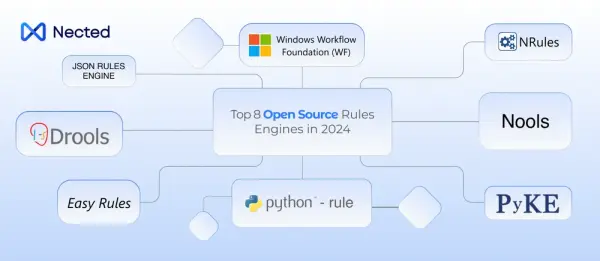



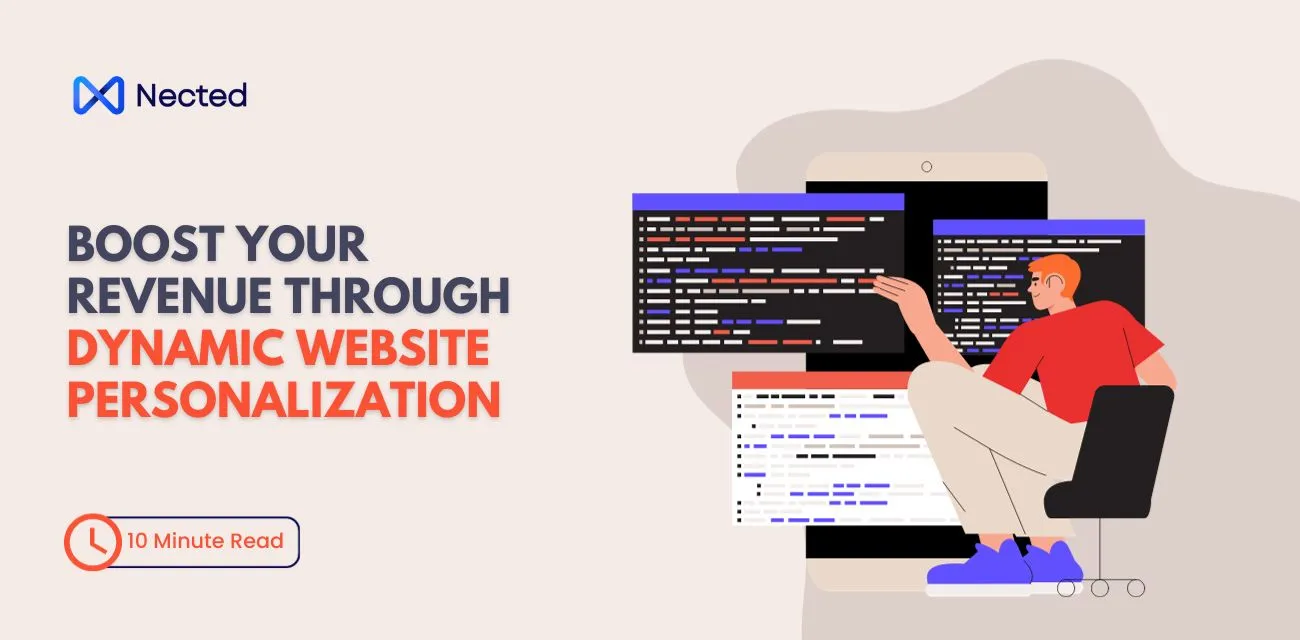
.svg)
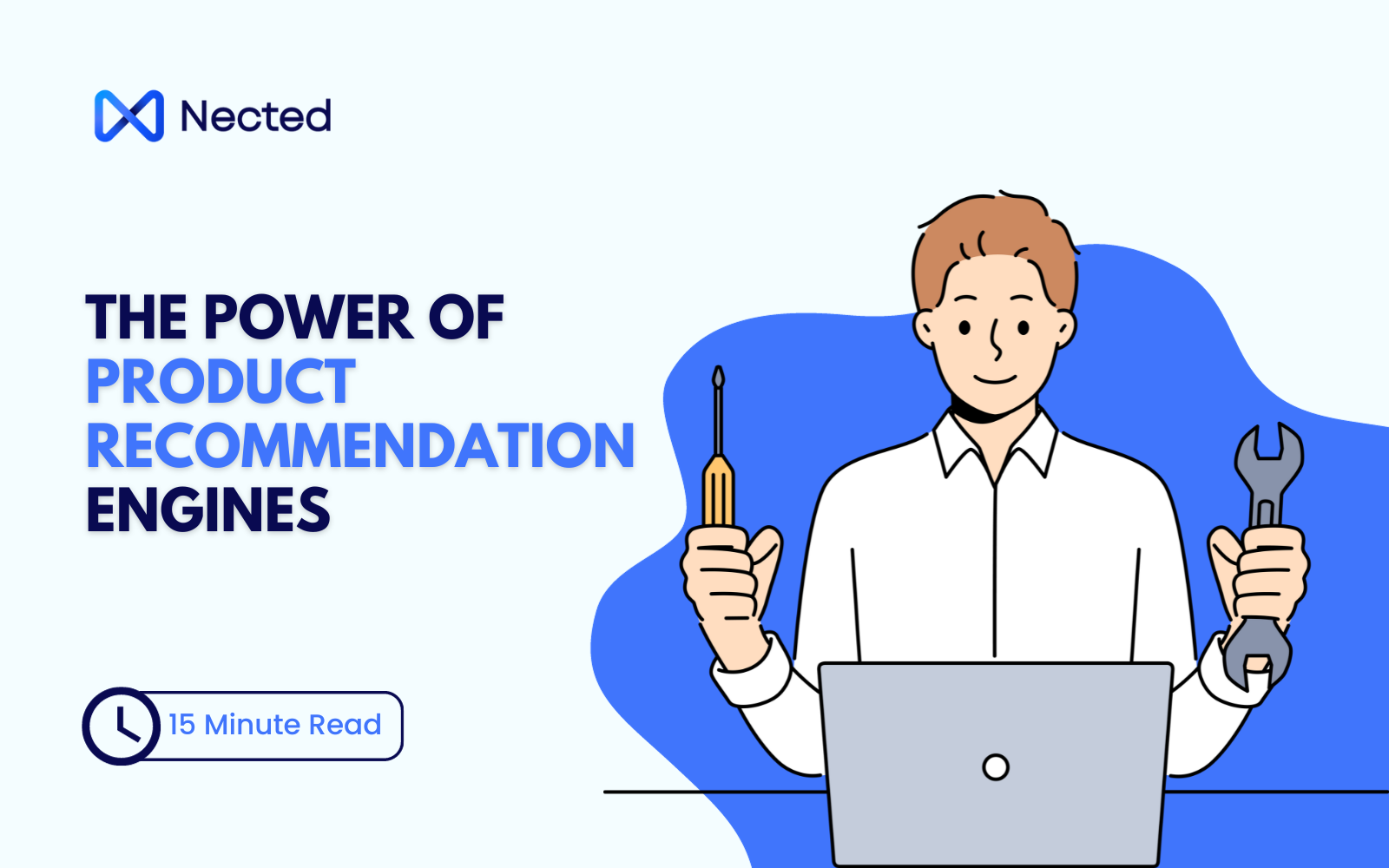
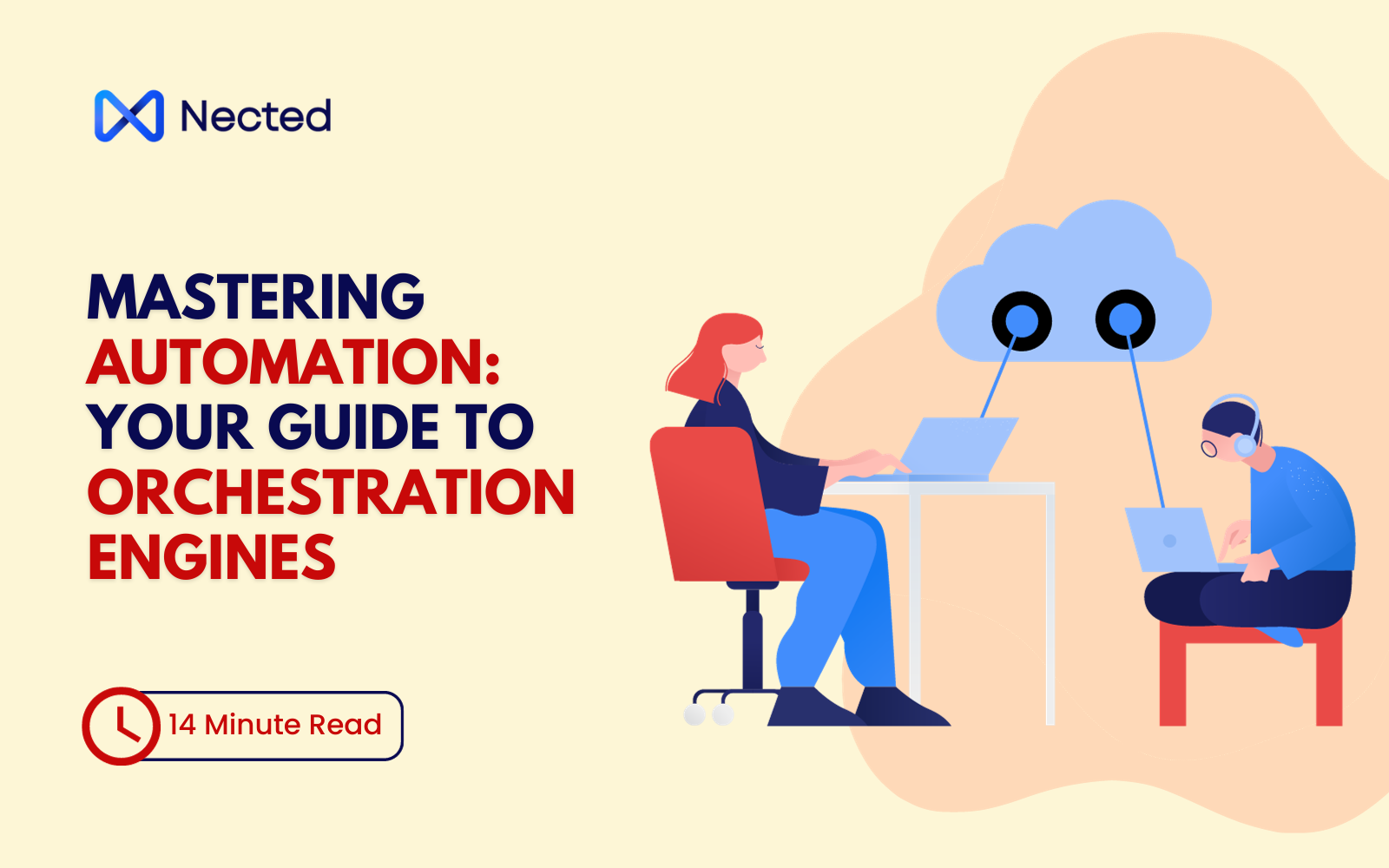
.webp)
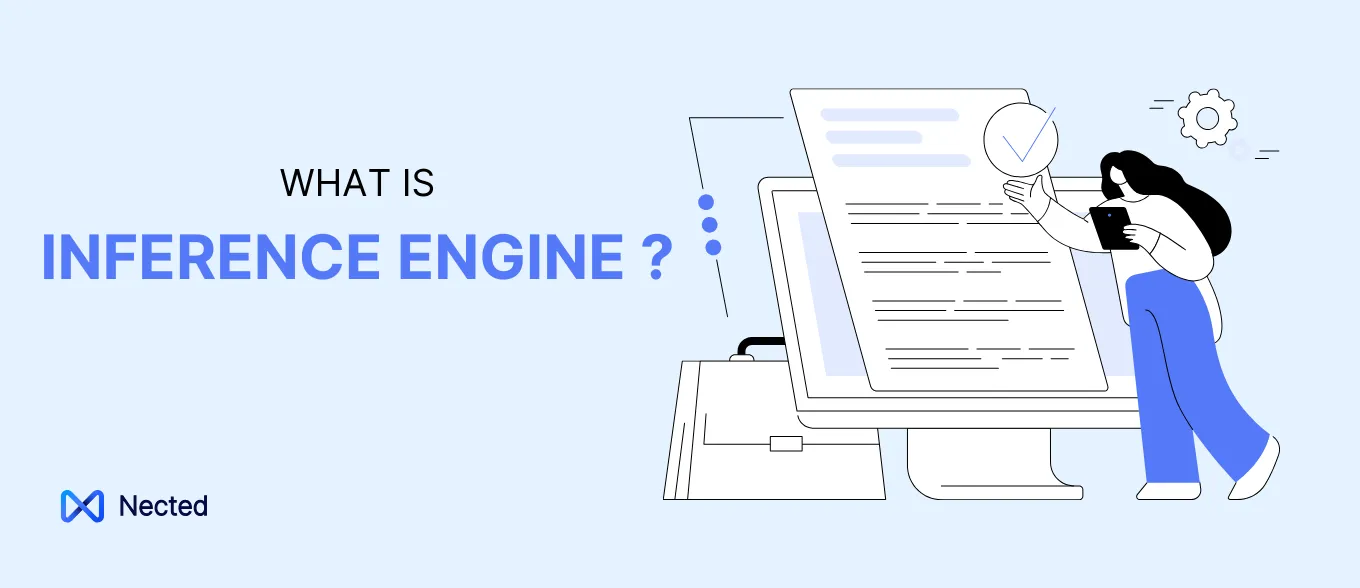




.webp)

.svg)
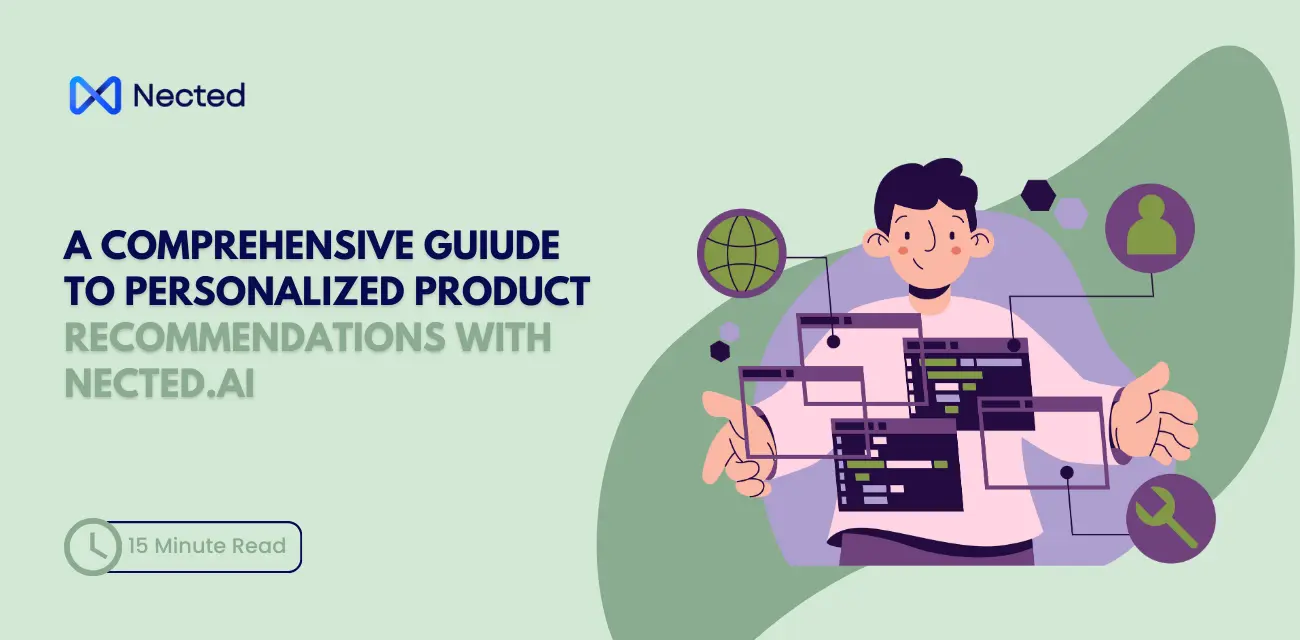




.webp)
.svg.webp)
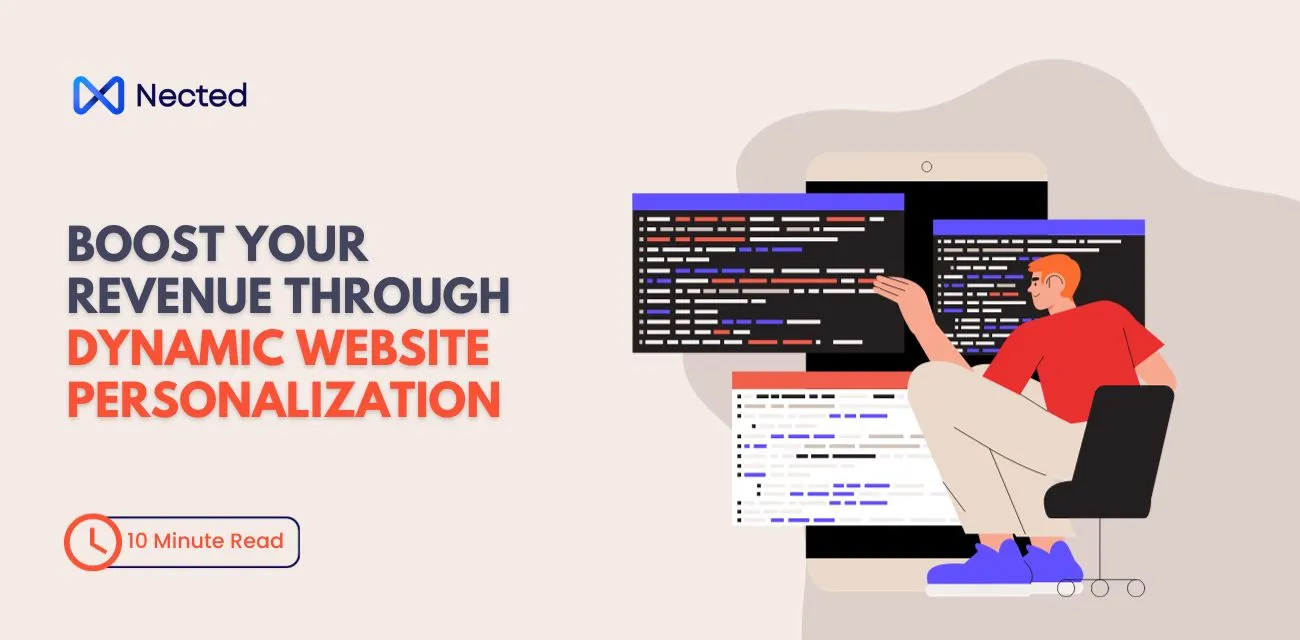
.webp)
.webp)
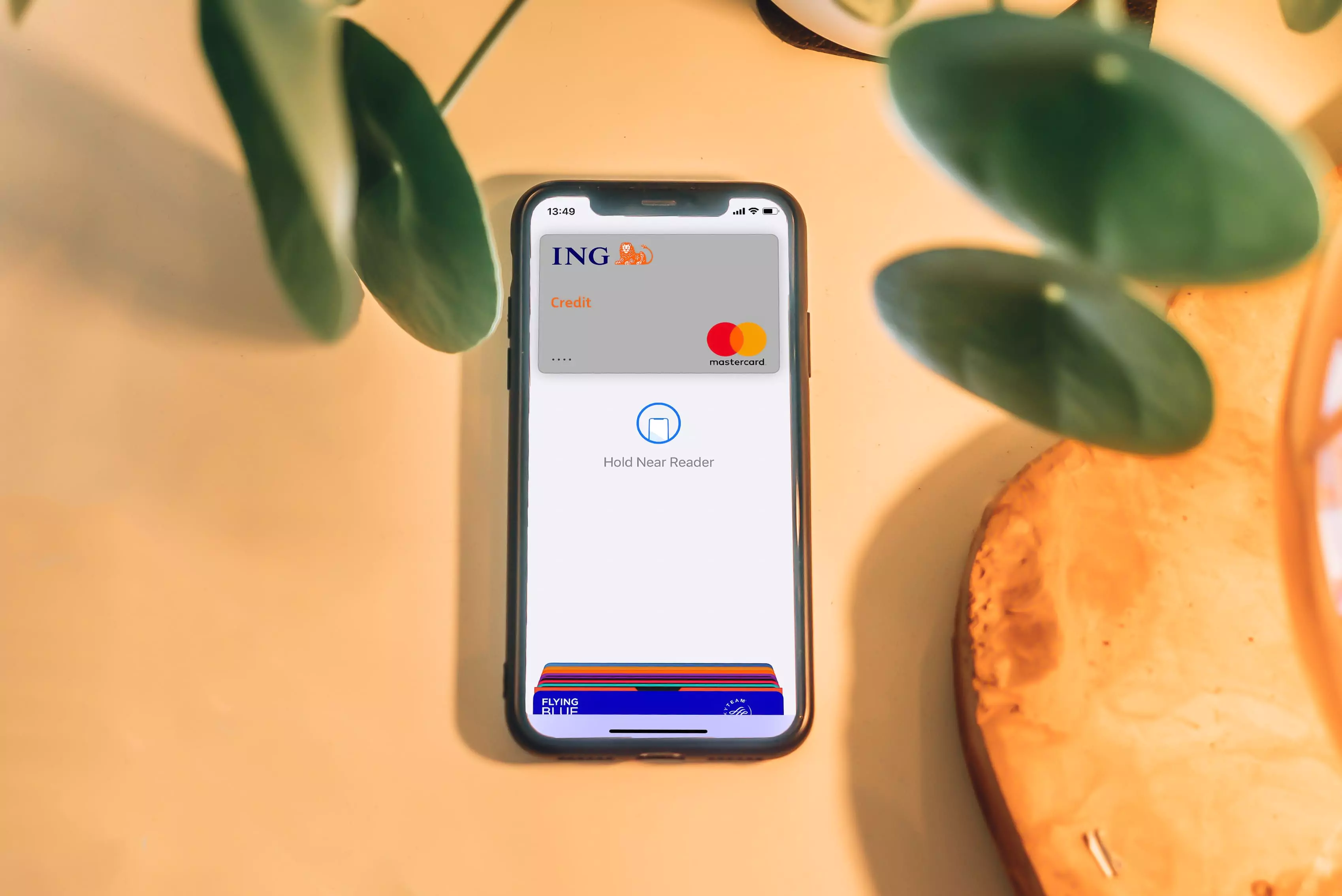
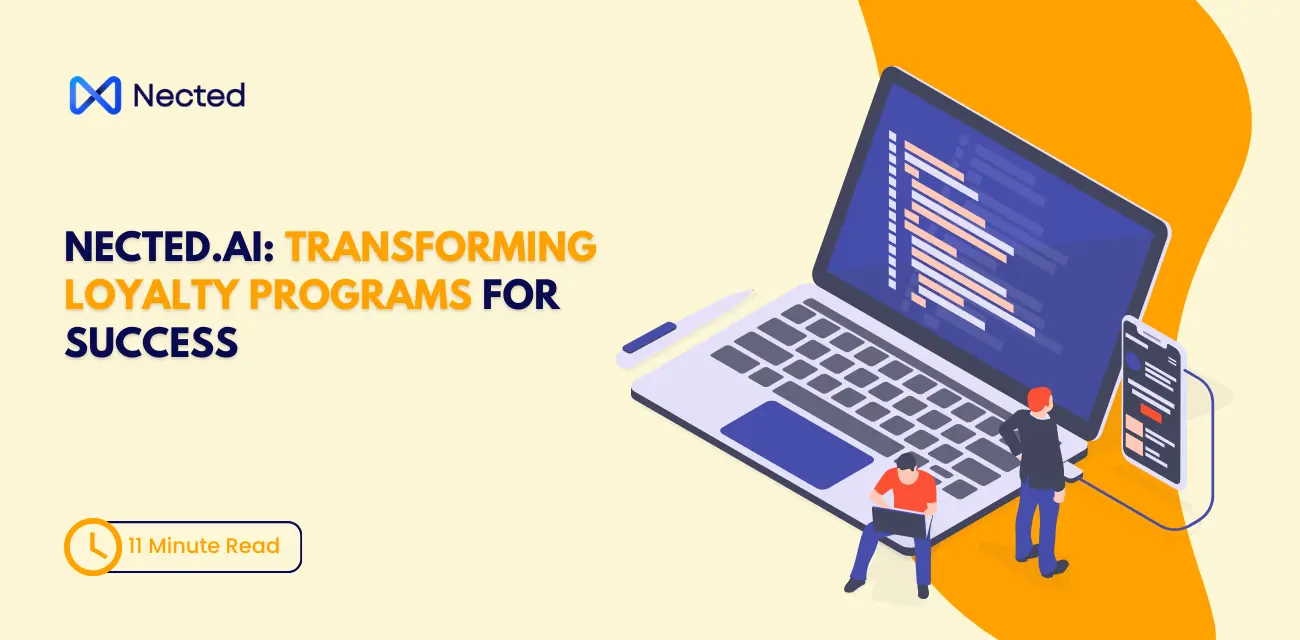
%20m.webp)
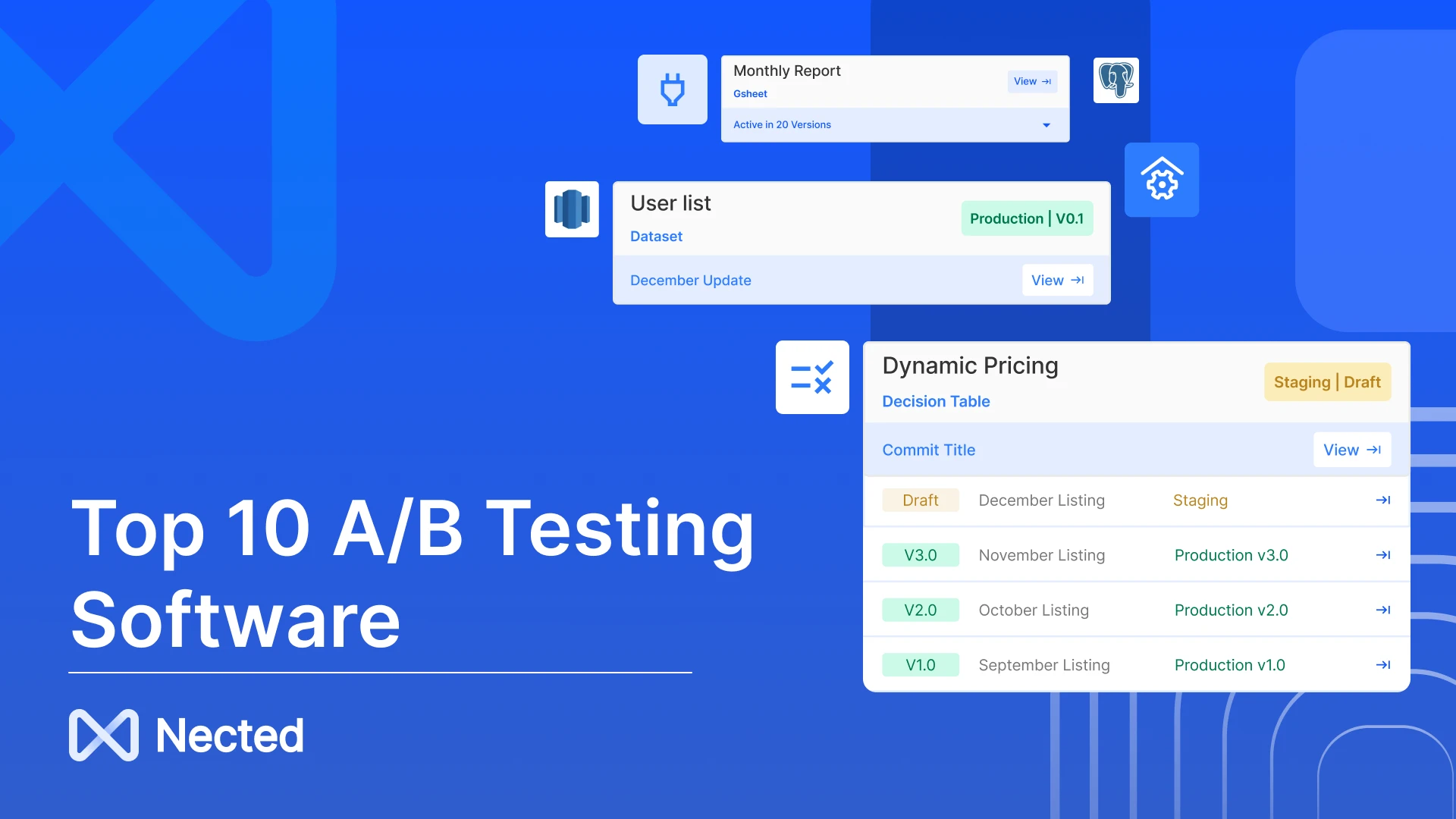
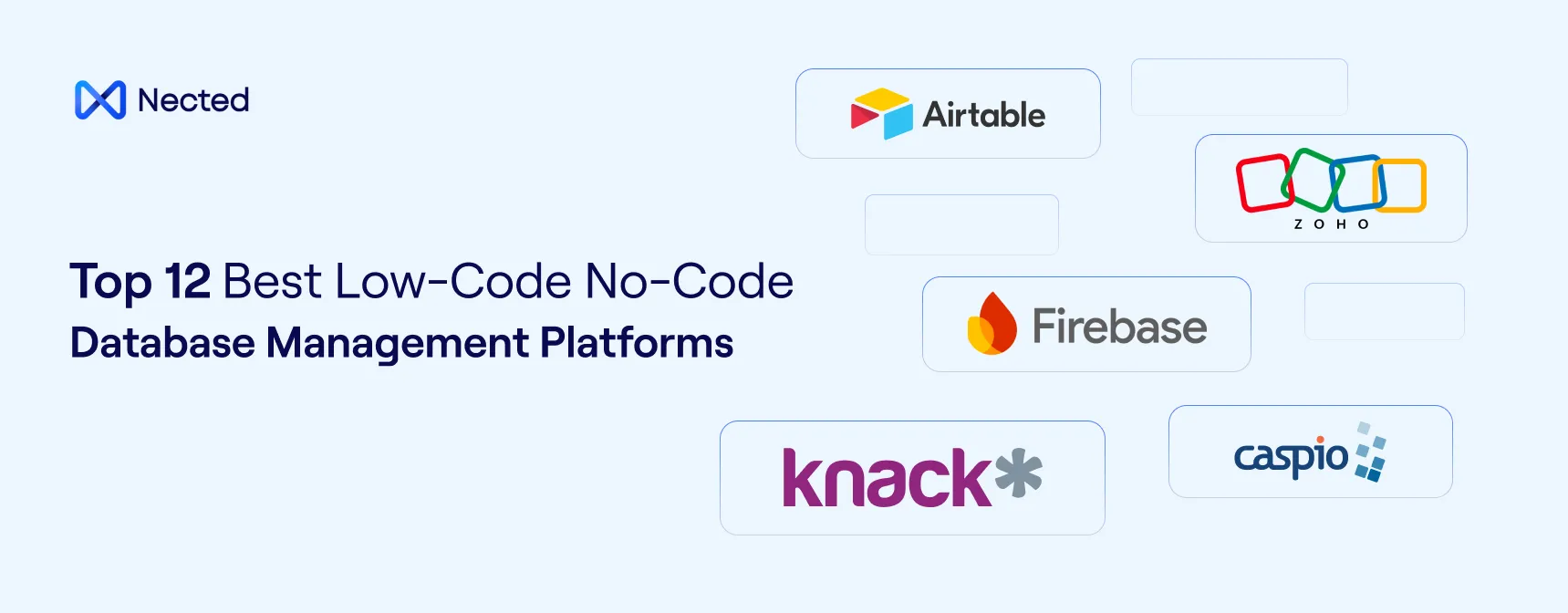
.webp)
.webp)
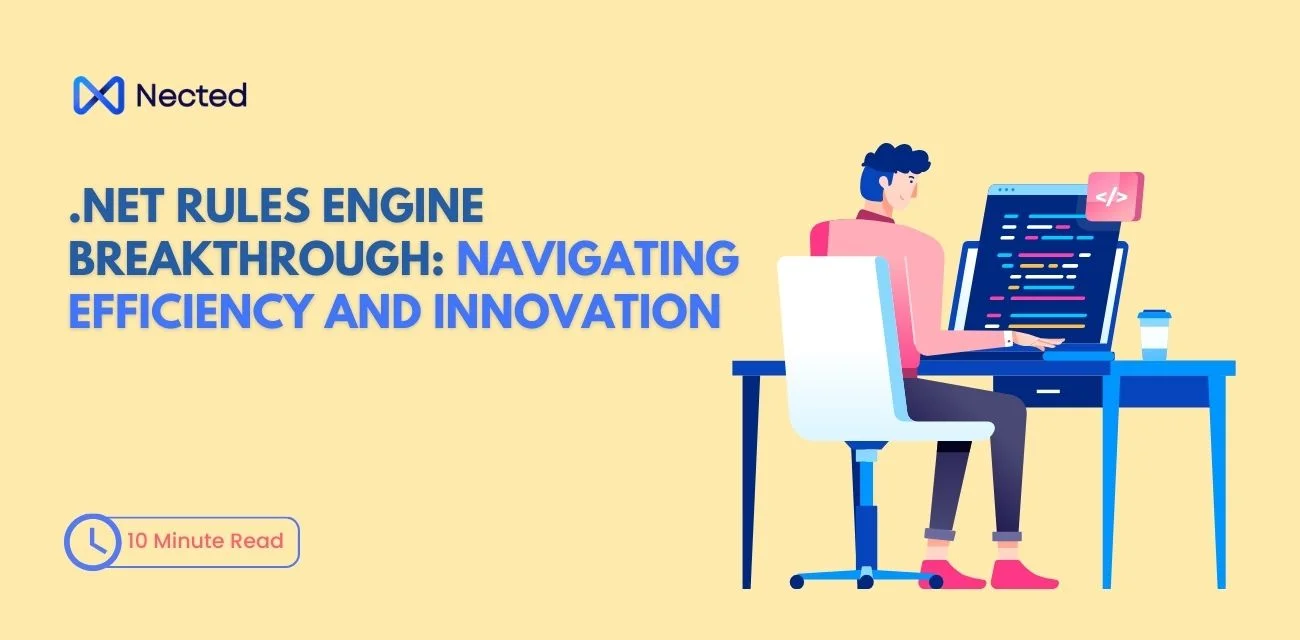
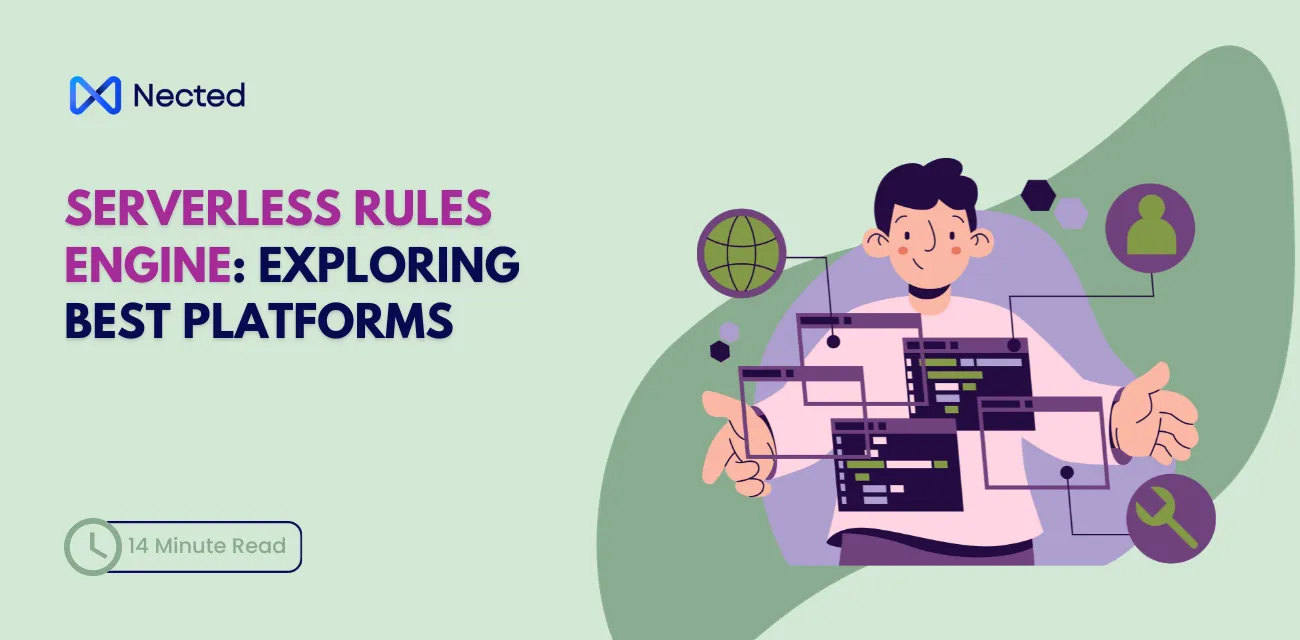
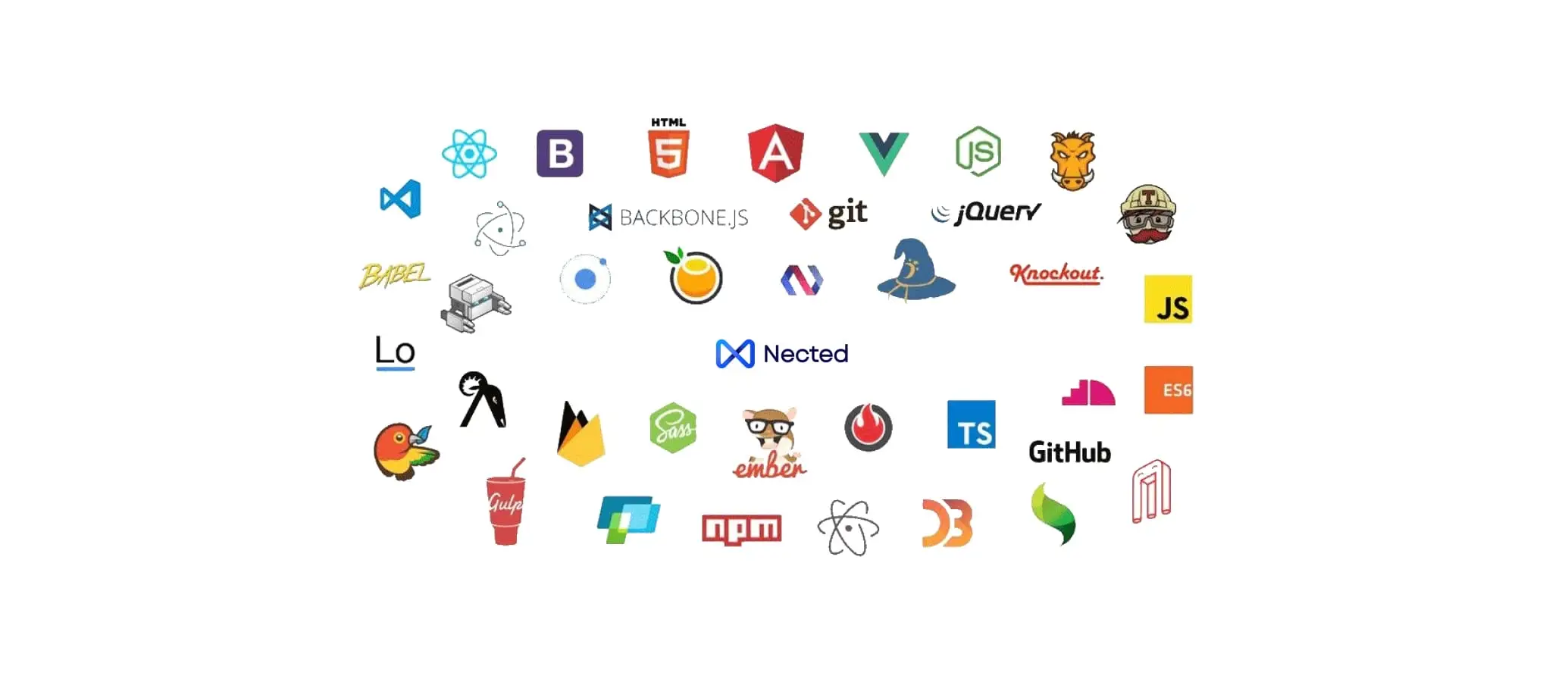




%20(1).webp)
